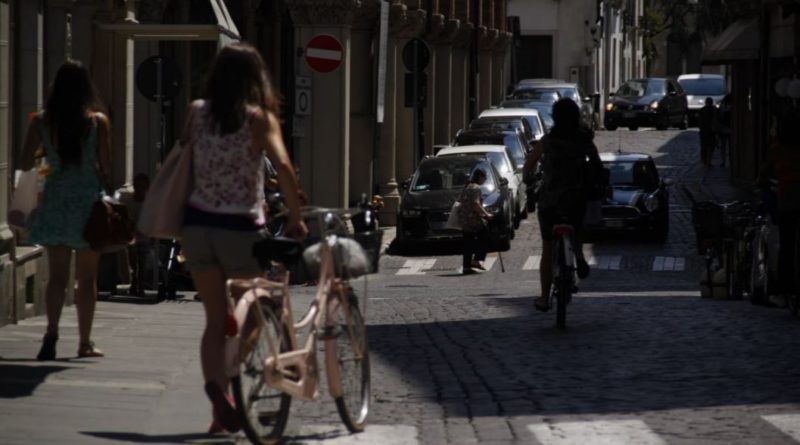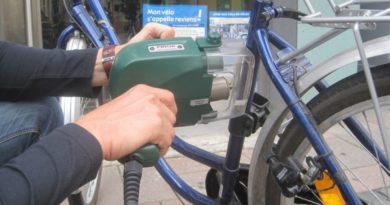Dutch mobility group lobbies for tax breaks for e-bike commuters
Dutch mobility organisation RAI Vereniging has called on the Government to simplify regulations and scrap additional taxes on bikes and electric bikes completely.
Outlining how workers using leased company bikes can often pay more in tax than they would using an electric car, RAI says a shake up is required to encourage active and clean travel.
“Leasing is necessary for more expensive bikes and speed pedelecs (rapid e-bikes) to make them available to the employee,” said president of RAI’s cycling arm Wouter Jager.
At present employers faced with current tax regulations end up doing little to nothing on incentivising active travel, believes the RAI. Should a worker now want to lease a bicycle, then under current tax law, the full economic value of this bike is added to income and payroll taxes paid thereon. There is no clear low addition system for bicycles, as there is for cars.
According to RAI’s chairman, a typical speed pedelec costing 3,500 euros will require the owner to pay between 120 and 150 euros in additional tax per month for the lease of the bike.
“This monthly amount is double that of an electric car worth 40,000 euros. That is crooked,”said RAI’s chairman. “It is fairer, cleaner and healthier to exempt the leasing on a bicycle and thus much more attractive to employers.”
Research by Gazelle has recently demonstrated how 4 in 10 Dutch people would consider switching a car commute for a bicycle journey, but would like some form of financial incentive.
Gazelle is advocated the use of private leasing, having itself now launched such a scheme for potential electric bike buyers.
RAI Association chairman (and former Minister of Finance), Steven van Eijck added: “If we are to bike to work one day a week the traffic congestion is reduced around 20 percent, the fitness of the rider by 13 percent and we will also improve air quality. Since we live on average only 12 kilometers from our work in the Netherlands and congestion is on the rise, it is more attractive to choose the bike. Yet only 8 percent of the commuting distance in the Netherlands is made by bicycle and 75 percent by car. Especially with the advent of the electric bicycle this is a very comfortable distance to bridge and you are in many cases at your destination more quickly.”
UK developments
In the UK the Bicycle Association is lobbying the Department of Transport on its manifesto objective to achieve similar incentives for electric bikes.
Having engaged in pilot work with the DfT, the BA is keen to explore the potential for tax breaks, incentive scheme via the Office for Low Emission Vehicles, last mile delivery and consumer promotion schemes in relation to electric bikes.
Last mile delivery via e-cargo bikes has in particular proven its worth and ability to save businesses money.
Welcoming suggestions from the bicycle industry in how best for the industry to proceed, operations director Steve Garidis is contactable here.



